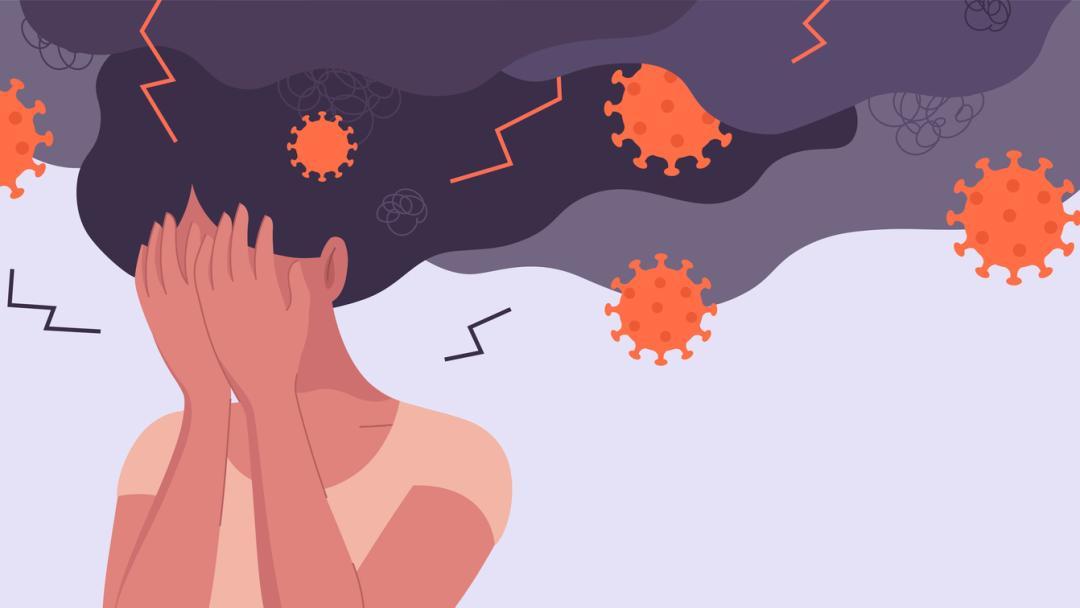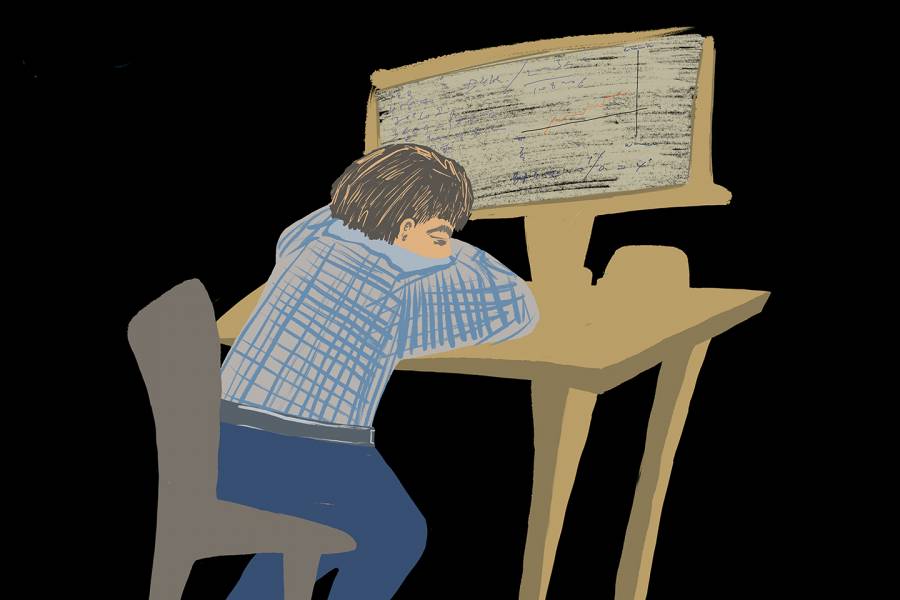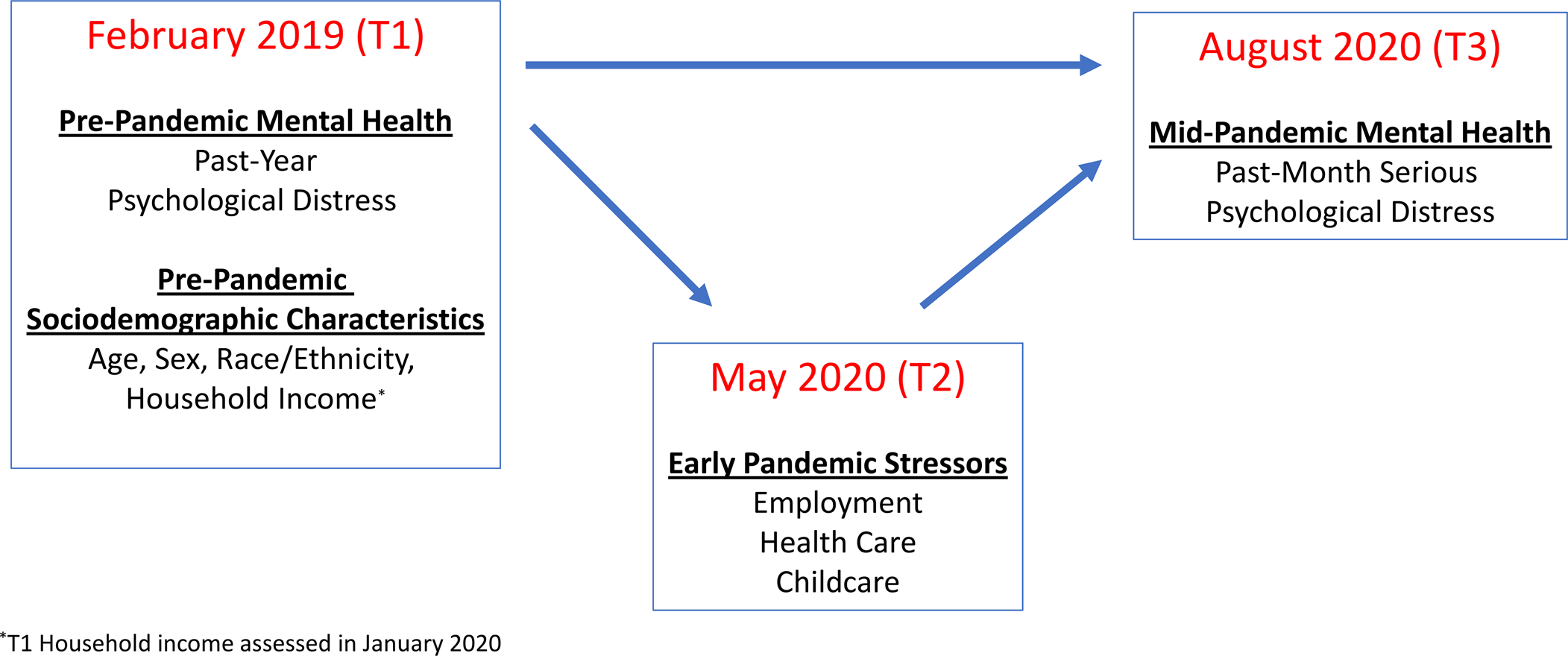Criminal Legal Involvement Among U.S. Adults With Serious Psychological Distress and Differences by Race-Ethnicity
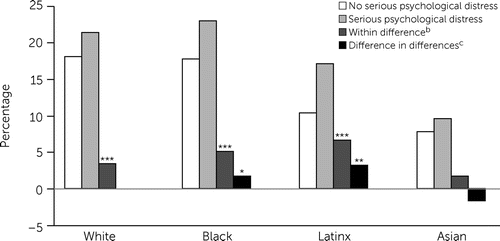
Objective: The authors examined associations between criminal legal involvement (CLI) and serious psychological distress and how these associations differed by racial-ethnic group. Methods: The authors conducted a retrospective analysis of multiple cross-sections of data from the National Survey on Drug Use and Health (2015–2019) and used multivariable linear probability regression models to assess lifetime CLI and past-year probation, parole, supervised release, or other conditional release in a nationally representative sample of noninstitutionalized U.S. adults, ages ≥18 years (N=214,505), with and without serious psychological distress. Results: Adults with serious psychological distress had higher rates of CLI than adults without such distress (difference of 4.1 percentage points, 95% CI=3.3–4.8, p<0.001). The rate of CLI increased as distress severity increased, from mild (3.2 percentage-point difference, 95% CI=2.6–3.8, p<0.001) to high (7.2 percentage-point difference, 95% CI=6.4–8.0, p<0.001). The risk for CLI among those with serious psychological distress was even greater for Black and Latinx adults than for White adults (1.8 percentage-point difference, 95% CI=0.1–3.5, p<0.05, and 3.2 percentage-point difference, 95% CI=1.3–5.2, p<0.01, respectively). Conclusions: Rates of CLI were higher for adults with serious psychological distress. Efforts are needed to equitably triage individuals with acute mental health needs to timely psychiatric care instead of carceral settings. Collaborative models of care that commingle resources from mental health and law enforcement organizations are needed to prevent unnecessary incarceration of individuals experiencing mental health crises and to increase access to community-based treatment.

Adults With Mental Illness Are Overrepresented in Probation Population
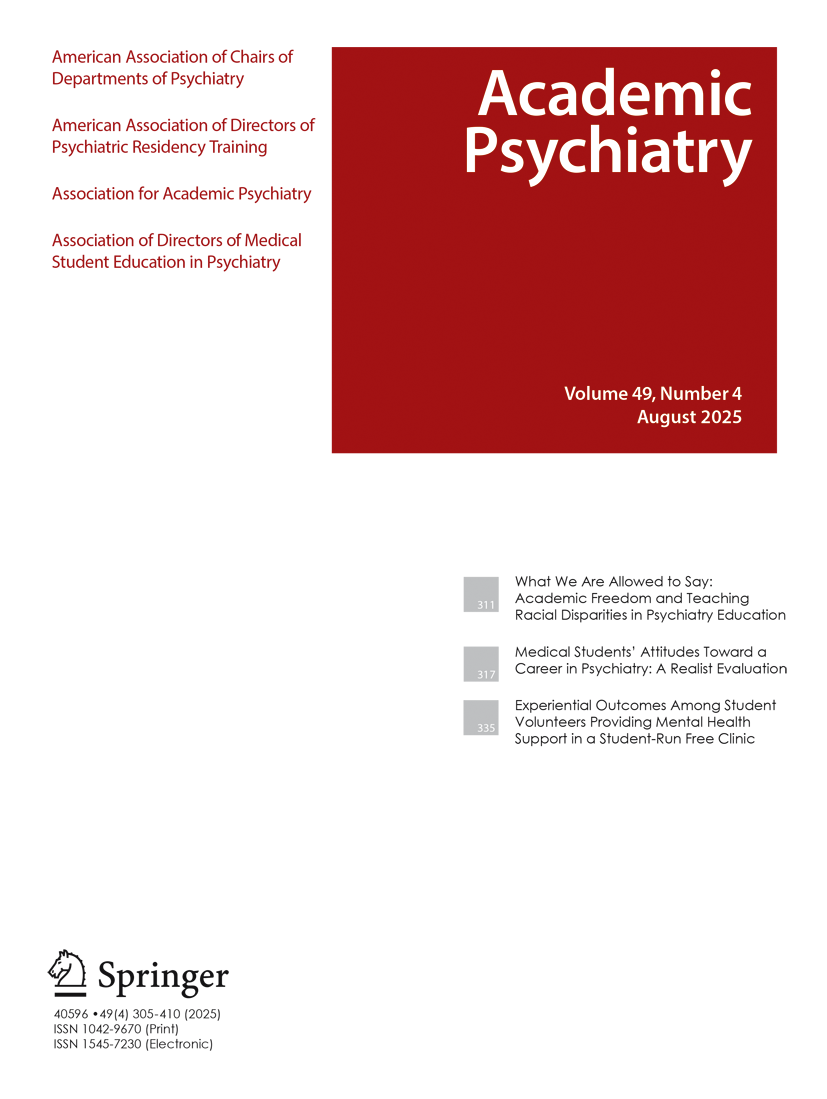
Unconscious Bias and the Diagnosis of Disruptive Behavior Disorders and ADHD in African American and Hispanic Youth

Perceived Need for Mental Health Care: The Intersection of Race, Ethnicity, Gender, and Socioeconomic Status

PDF) Characteristics and Experiences of Adults With a Serious Mental Illness Who Were Involved in the Criminal Justice System

Understanding Mental Illness Stigma Toward Persons With Multiple Stigmatized Conditions: Implications of Intersectionality Theory

Advancing Equity and Racial Justice Through the Federal Government
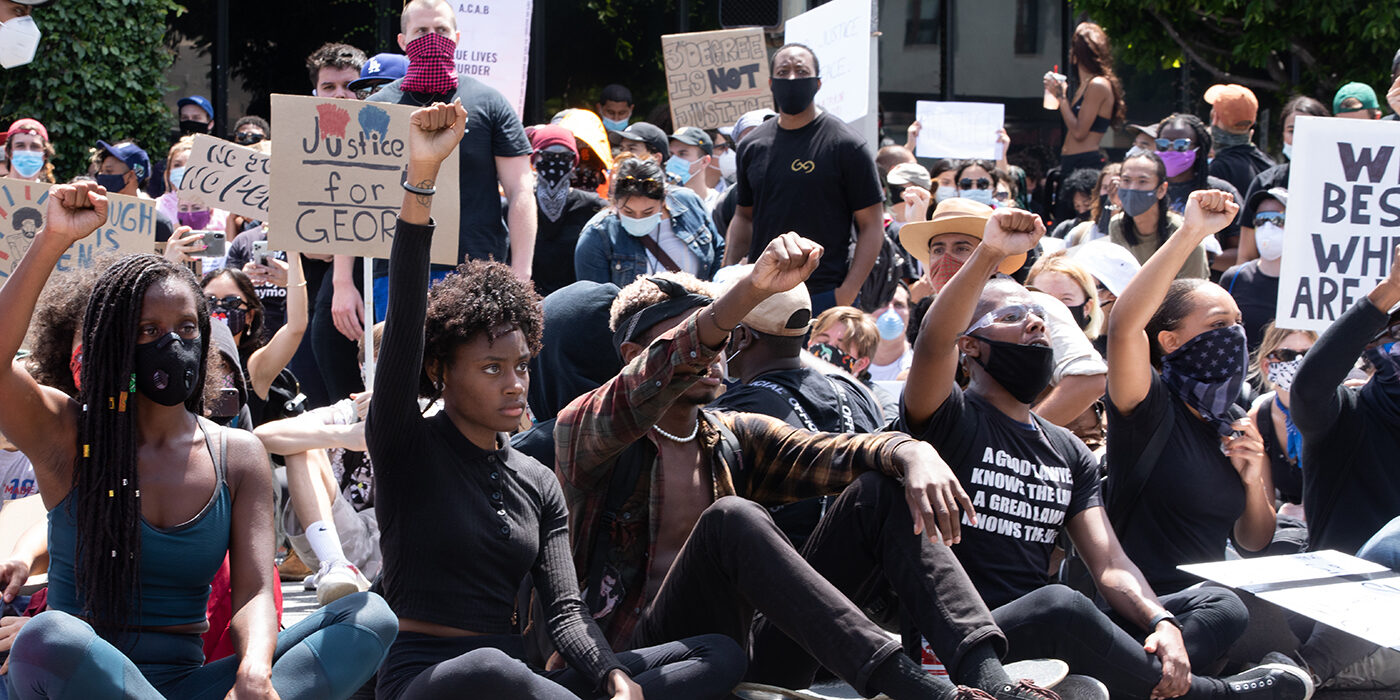
How racial violence affects Black Americans' mental health - The Source - Washington University in St. Louis

Weighted chi-square analysis of the characteristics of the young adult
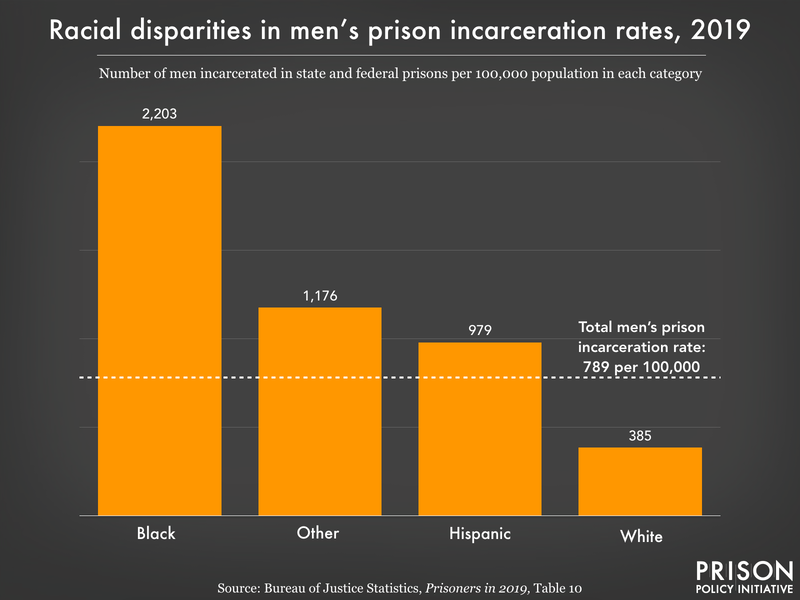
Updated charts provide insights on racial disparities, correctional control, jail suicides, and more

Policing in America: Understanding Public Attitudes toward the Police. Results from a National Survey

Lia Smith posted on LinkedIn

Carl Fulwiler MD PhD on LinkedIn: Criminal Legal Involvement Among U.S. Adults With Serious Psychological…

Understanding Mental Illness Stigma Toward Persons With Multiple Stigmatized Conditions: Implications of Intersectionality Theory

Americans More Critical of U.S. Criminal Justice System
